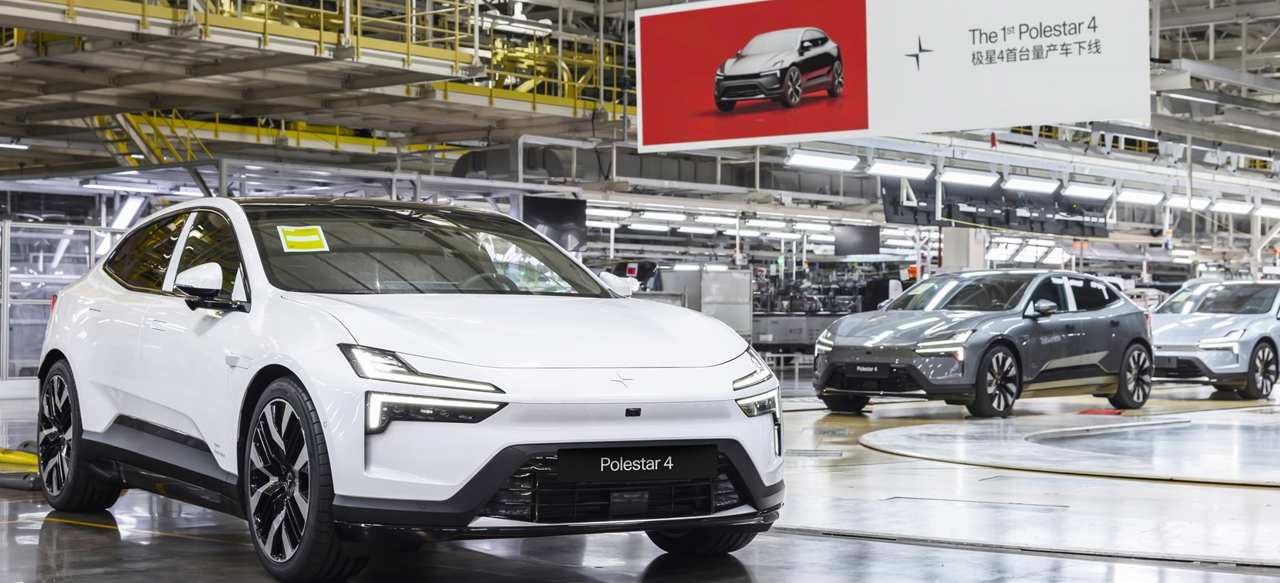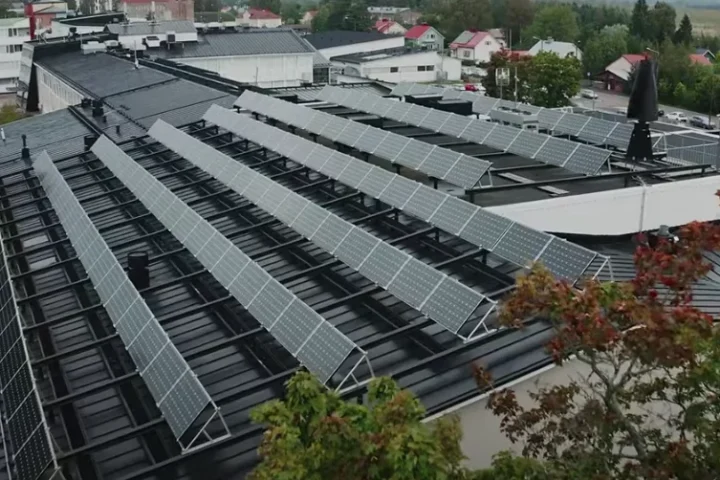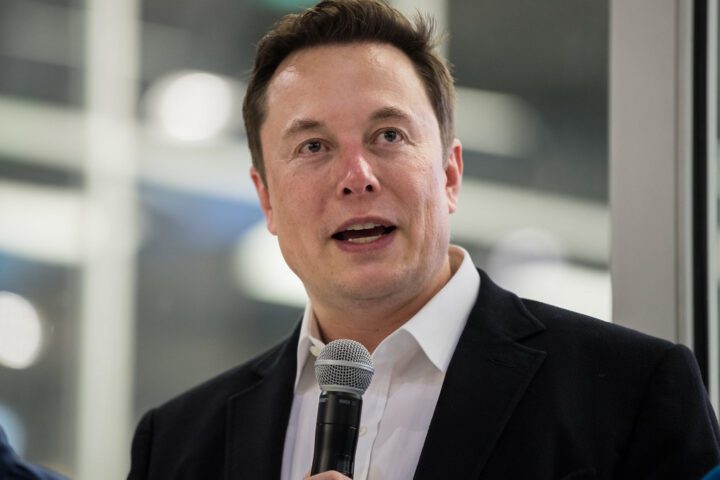Polestar, the Swedish electric car maker, is bringing its lineup to France in 2025, marking a restart of the company’s global expansion after a three-year pause. France becomes Polestar’s 28th market worldwide, strengthening its presence across four continents.
French customers can now order the full Polestar range – the Polestar 2, Polestar 3 SUV, and Polestar 4 SUV coupe – with prices from €46,800 to €79,800. First deliveries will begin in October.
“We are very excited to bring our portfolio of performance EVs to France, one of Europe’s fastest growing EV markets,” said Michael Lohscheller, Polestar CEO.
The company will sell cars both online and through physical stores, with its first French showroom opening in Le Mans this July. Polestar plans to establish up to ten locations across major French cities by year-end, supported by a network of over 100 service points from day one.
Stéphane Le Guével, who leads Polestar France, explained: “We have an ambitious expansion plan in France, with an ambition to open up to ten sales points already in 2025 and accelerating even further in 2026.”
Simila Posts
Polestar’s entry into France was delayed by a logo dispute with Citroën, which claimed Polestar’s emblem resembled its DS brand logo too closely. The companies reached a settlement in 2022, clearing the way for this launch.
The French expansion comes as Polestar reported strong financial results, with first-quarter revenue jumping 84% to $608 million compared to the same period last year. The company achieved a 7% gross margin, up from negative figures in early 2024, thanks to increased sales and deliveries of its higher-margin SUV models.

Europe represents 75% of Polestar’s total sales, with the UK currently its largest market. The company hopes France will become one of its top three European markets alongside Britain and Sweden.
Looking ahead, Polestar aims to grow its yearly sales by 30-35% between 2025 and 2027 and expects to achieve positive adjusted EBITDA in 2025. However, the company recently paused its financial guidance for the year due to uncertainties about international tariffs and regulations.

















